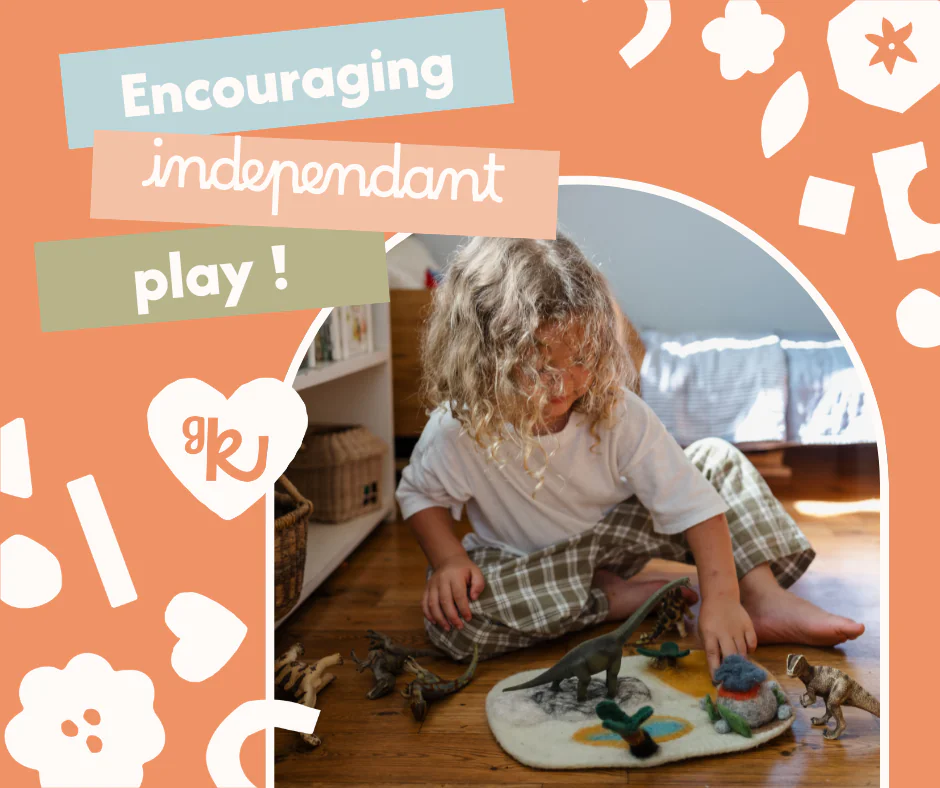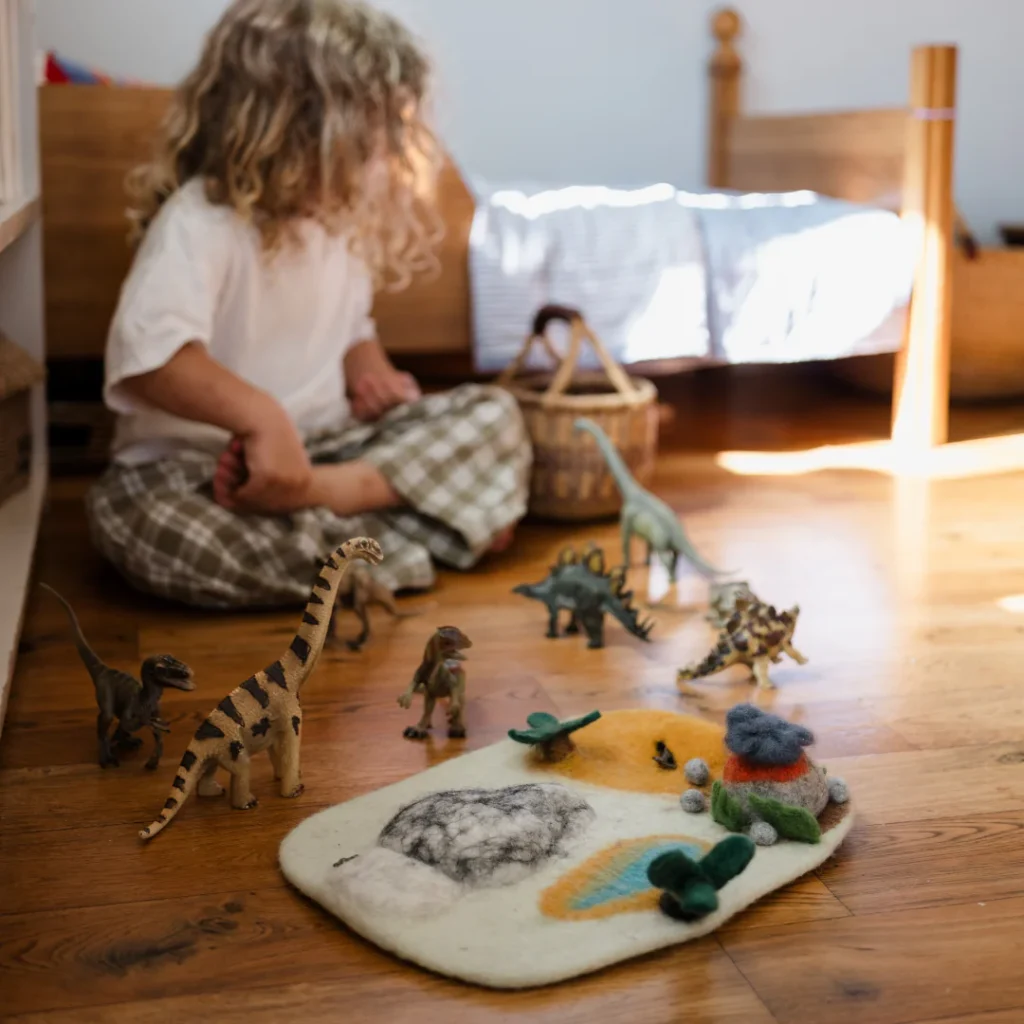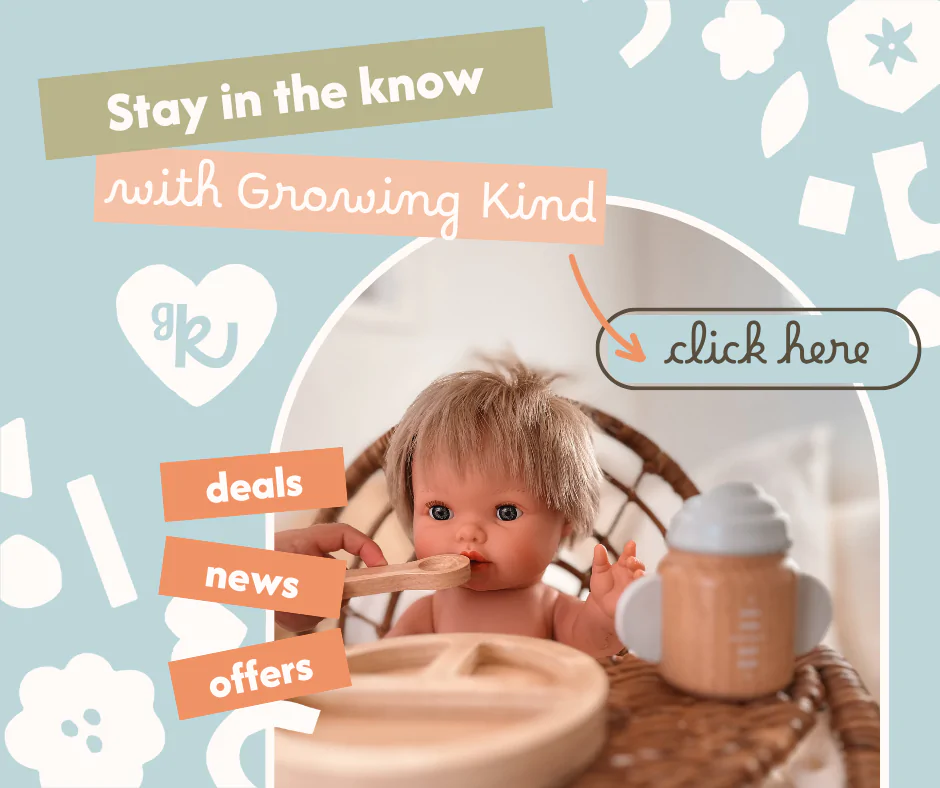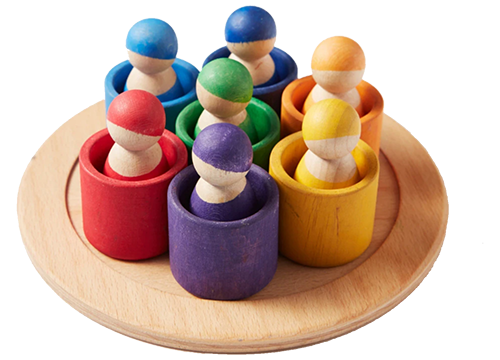Independent play is a cornerstone of healthy child development, offering numerous benefits that extend into adulthood. By engaging in self-directed activities, children cultivate creativity, problem-solving skills, and emotional resilience. As parents, facilitating this type of play involves providing the right environment and selecting appropriate toys that encourage autonomy.
The Importance of Independent Play
Research underscores the critical role of independent play in fostering various developmental domains. According to the American Academy of Pediatrics, play enhances brain structure and function, promoting executive function—the process of learning. It also supports the formation of safe, stable, and nurturing relationships, which are crucial for social-emotional, cognitive, language, and self-regulation skills.
Moreover, psychologist Peter Gray emphasizes that independent play allows children to develop a sense of autonomy and competence. By navigating play scenarios without direct adult intervention, children learn to manage risks, make decisions, and build confidence in their abilities.
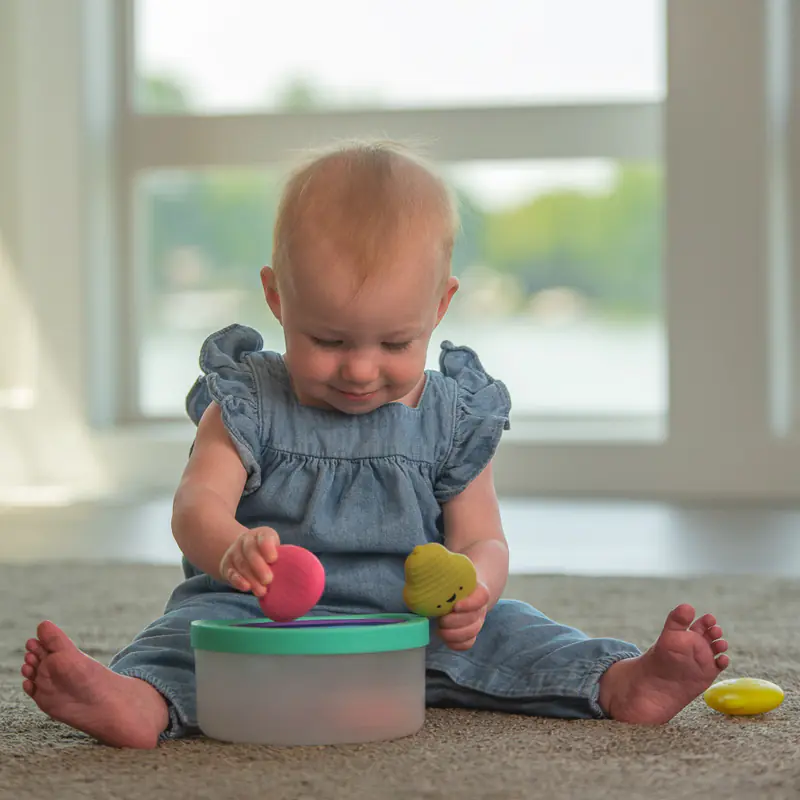
Choosing the Right Toys to Encourage Independent Play
Selecting toys that promote independent play is pivotal. Open-ended toys—those that can be used in multiple ways—are particularly effective. Examples include building blocks, magnetic tiles, and pretend play items like kitchen sets or tool kits. These toys encourage creativity and problem-solving, as children can construct, deconstruct, and reimagine their uses.
It’s also beneficial to provide toys that align with your child’s interests and developmental stage. For instance, puzzles can enhance fine motor skills and cognitive development, while art supplies foster creativity and self-expression. Rotating toys periodically can keep the play environment stimulating and prevent boredom.
Creating an Environment that Fosters Independent Play
Beyond selecting appropriate toys, creating a conducive environment is essential. A safe, designated play area where children can explore freely without constant adult supervision encourages independence. This “yes space” allows children to make choices and engage deeply in play without unnecessary restrictions.
Establishing predictable routines that include dedicated time for independent play can also be beneficial. Gradually increasing the duration of these periods as your child becomes more comfortable can help build their capacity for sustained independent activity.
There Is No Magical Formula
It is important to remember that there is no magical formula for how long a child should be able to focus or play independently. Every child is unique, and their ability to engage in independent play will vary based on their age, temperament, and individual needs. Likewise, there is no magical toy that will instantly grant parents extended periods of alone time. While toys can encourage engagement, a solid and strong relationship with your child and a sense of safety are the true foundations for fostering independent play.
Be the Commentator, Not the Narrator
“Be the commentator, not the narrator” is a saying I try to live by. It reminds me not to overstep or direct play but to help voice a child’s concerns when facing a challenge. By taking on the role of a commentator, parents can support their child’s play without taking control, allowing them to develop problem-solving skills and confidence in their own abilities.
Balancing Supervision and Independence
While promoting independent play, it’s important to strike a balance between supervision and freedom. Ensure the play environment is safe and periodically check in to provide reassurance. However, resist the urge to direct the play. Allowing children to encounter and overcome challenges during play fosters resilience and problem-solving skills.
In conclusion, encouraging independent play through thoughtful parenting and the provision of appropriate toys is instrumental in supporting your child’s development. By fostering an environment that values autonomy and creativity, and prioritizing a strong emotional connection with your child, you equip them with essential skills that contribute to their well-being and success throughout life.
Written by Amie Muir
AuDHDer, Mum to two, Bachelor of Education (ECE) and Studying a Masters of Educational Neuroscience

